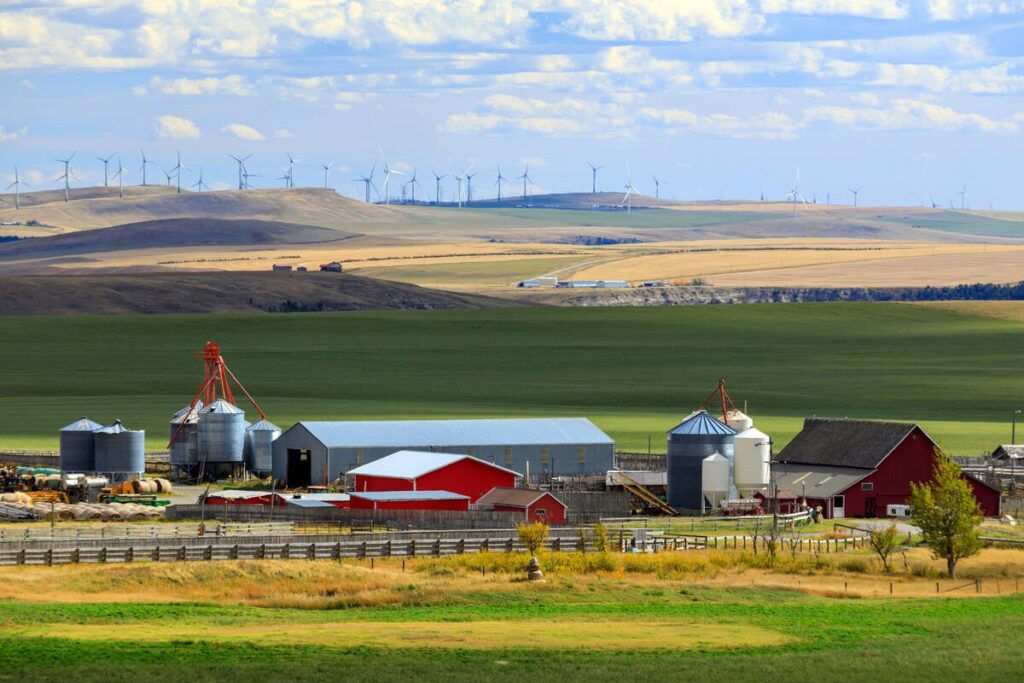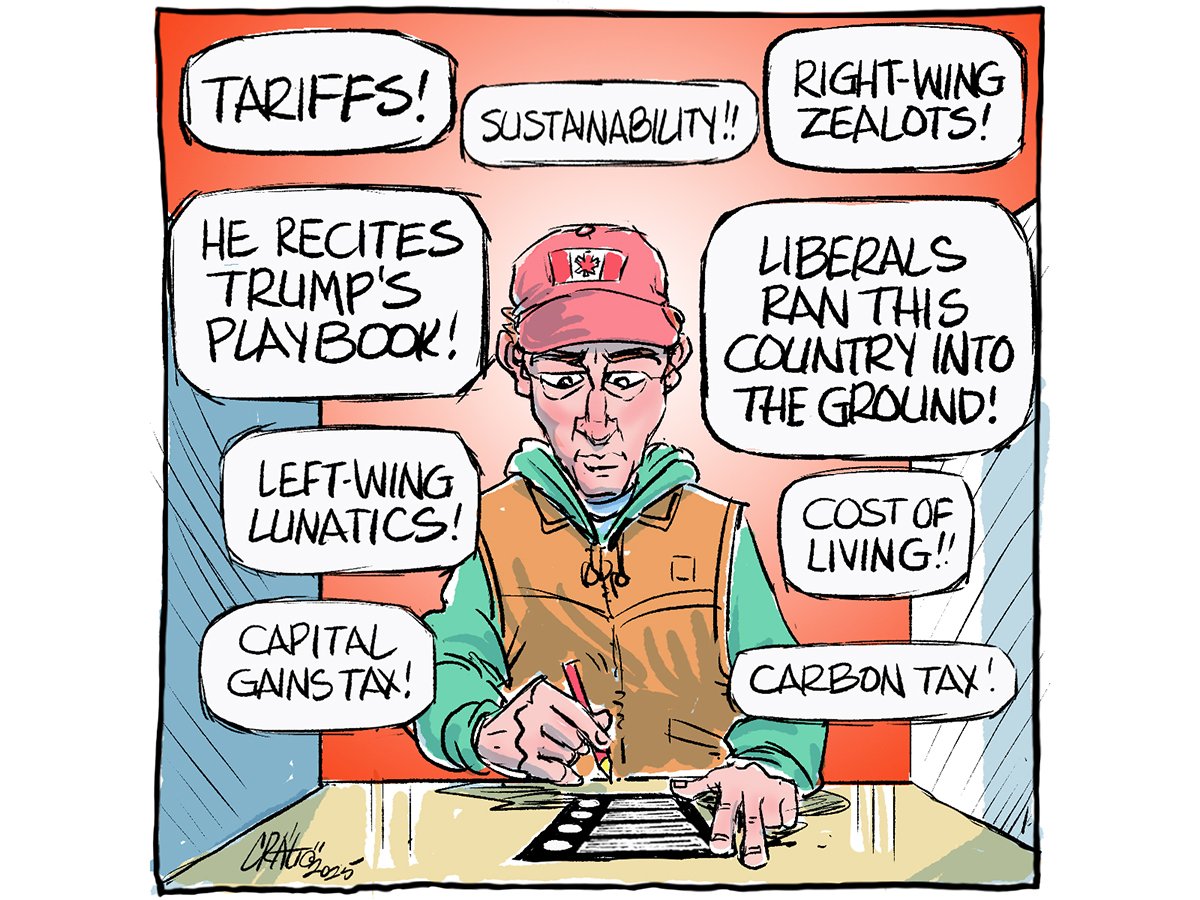Canadian farmers reveal concerns ahead of federal election – Part 2

When it comes to the 2025 federal election, what do farmers from different regions of Canada have in common?
Glacier FarmMedia reporters and contributors from Ontario, Quebec, Alberta and Manitoba asked farmers about their election priorities, how represented by the federal government they’ve felt — and finally, if there’s anything they’d like farmers from other regions to understand about the issues they face.
Follow all our Federal Election 2025 coverage here
Read Also


Prairie farmers have plenty to say about federal election
Next week’s federal election is one of several important issues currently on our readers’ radar, and a survey we recently published has clearly struck a chord.
In part two, farmers air their concerns about trade and the Canadian economy, and what the federal government should do to promote a better business environment. Read part one to see their thoughts on U.S. President Donald Trump and tariffs.
Ontario
Crop farmer Matt Underwood is optimistic during this election that there’s a chance to overturn “the status quo” in Ottawa and begin promoting Canadian agriculture at home and abroad.
“There’s a lot of opportunity for our government to support farmers more,” he said. Examples could include a carbon tax exemption for businesses that dry grains and efforts on a global scale to facilitate export of Canadian farm products outside North American.
Oxford dairy farmers Pete Overdevest and Davina Garner want to see less red tape for farm construction and/or expansion.
Quebec
Fruit producer and Bloc Québécois candidate Christian Hébert said there’s a lack of support for small and mid-sized farms both at the provincial and federal level. His comments are translated from French.
“Support programs are abandoning this section of the industry,” he said. “The majority of farms in Québec and Canada are approaching this critical zone: they are no longer a small farm, but they are not a large enterprise either. Insurance and financing programs are not designed for them and innovation support programs don’t work.”
The sector also needs to look into the future and think about how climate change will affect crop production methods and insurance programs, he added.
Alberta
Grain grower Phil Constantin said programs like AgriInvest must be improved to help farmers keep their operations strong in today’s shifting global market.
“I don’t really want to be subsidized, but when this kind of stuff comes up, we need some kind of safeguard to help us out and maintain things,” he said. “They call it AgriInvest, but it doesn’t really work. I mean, you’ve got to qualify for it, and even if you do, you don’t see money until years down the road.”
Hog and grain farmer Bryan Perkins spoke about issues he sees in the world of the agriculture business and how the global marketplace is changing the way Canadian farmers do business.
“The uncertainties in the marketplace that are there, whether it be Chinese tariffs or the potential trade disruptions that might occur along the way from that, they’re causing turmoil as well,” Perkins said.
“The machinery we buy or the various inputs that we buy are all affected by this turmoil in world trade.”
Manitoba
BRM programs need to be improved, said hog farmer Scott Peters. “There are things that are happening, but it’s all within the same structure, and I think some of the structure is outdated and for sure not responsive enough.”
He noted that rural crime is an issue for hog producers. Peters said his barns have been broken into several times.
Peters also noted he’d like to see the federal government promote domestic processing and manufacturing.
Crop farmer Curtis McCrae said that government restrictions like the price on carbon and tier four emissions on machinery have made the economy weak.
“Hopefully the next government that gets in understands that we need to unleash our economic power,” McCrae said.
Egg farmer Harley Siemens said he’d like to see federal red tape reduced. He also said poultry farmers need better insurance against avian influenza outbreaks, noting the CFIA’s per-head payment hasn’t been updated in many years.
Source: producer.com


